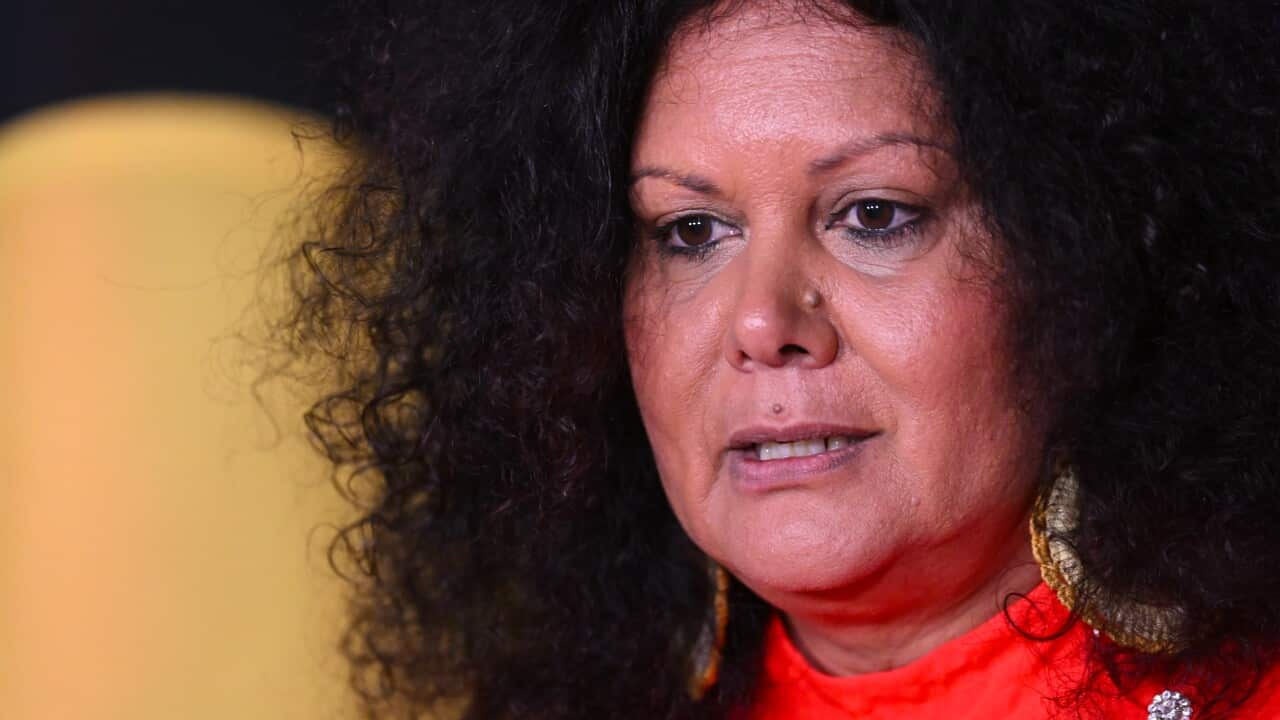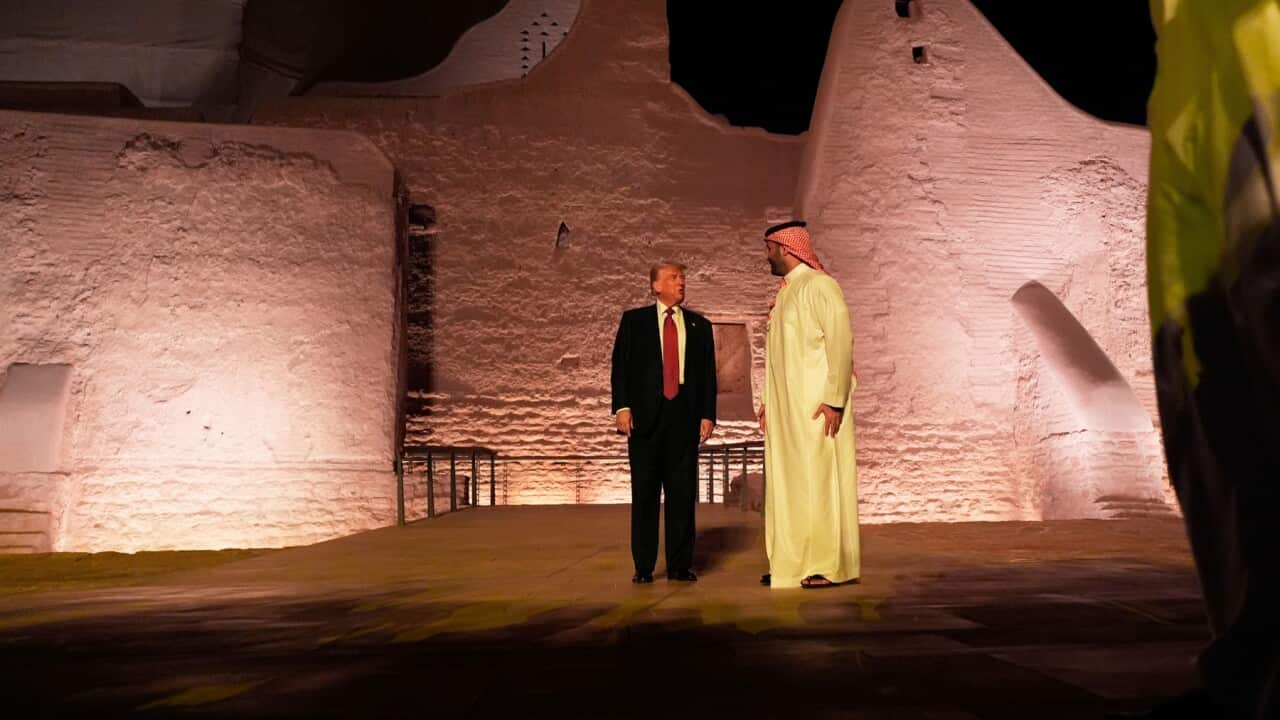TRANSCRIPT
Healthy food - this is at the heart of improving lives in remote communities. Yet the cost of everyday essentials has often put healthy choices out of reach.Apples, cereal, flour and pasta - It might seem like a simple shopping list.
But the average price of a similar 10 item basket in some remote communities in 2024 was just over $99 - more than double the cost in capital cities - that's according to the latest Closing the Gap report. The Closing the Gap framework is a national strategy launched by the government in 2008 to improve the health, wellbeing and life expectancy of First Nations communities to achieve equality and equity.
John Paterson, from Aboriginal Peak Organisations NT says ensuring remote communities pay the same amount for essential groceries as people living in urban areas - is a key measure.
"It's going to provide families a lot more opportunity to buy more healthy products, that's a good outcome. That impacts on livelihood, eat the right products hopefully it will minimise those chronic illnesses that we see."
The Federal Government is now committing to cap the cost of these essentials.
But how will this work?
30 items will have their price locked to the same cost as urban areas
This includes a range of fresh foods, essentials for cooking, toilet paper, baby formula and tampons.
Pat Turner the Lead Convener of the Coalition of Aboriginal and Torres Strait Islander Peak Organisations says having the highest possible price secured is essential during difficult times.
"The food security is particularly important and our people feel it even worse in tough economic times when people are struggling."
But even though it might bring some security, some say capping prices is not enough.
Liberal party Senator Kerrynne Liddle says that the problem goes beyond prices on supermarket shelves - but is also about governance.
"It will be interesting to see how he's going to do that. We have an issue with governance in those community stores, so he can't just look at the price of those things. He needs to do what we've been asking for, and that is an audit of these organisations and changing the governance of these organisations. You just can't keep throwing money at this. You have to address the frontline organisations and services that aren't doing the right thing and actually start unpacking that."
The report states that 11 of the 19 targets in the Closing the Gap strategy in areas including health, education and housing are seeing improvements on outcomes, but just five are on track to being met.
Other funding plans announced by the Prime Minister include the creation of scholarships for up to 150 tertiary education students to study psychology.
It is part of funding for a broader suicide prevention program.
The Prime Minister Anthony Albanese says the government is shaping a new policy approach into Indigenous matters after the failure of the referendum.
"To close the gap would ultimately erase the gulf that lies between us and our true potential. As a nation, there is no ethos more fundamentally Australian than the Fair Go. And Closing the Gap is the fairest go of all. We want First Nations people to have ownership of their futures and a stake in the economy that is the foundation on which everything else can be built. If we get it right, we can break the cycle that has ensnared generations."
And the opposition is also voicing an opinion.
Peter Dutton says parliament needs to work in unity to achieve better outcomes for Indigenous Australians.
"There's little that we can do. If safety and housing and health and education and employment are not there for Indigenous Australians and in too many parts of the country today, those basics are missing, and we have to make sure that as a national Parliament we can work together in a bipartisan way to achieve better outcomes in those regards."
Indigenous Australians Minister Malarndirri McCarthy said the government was creating systemic change to improve how agencies worked with First Nations people.
Progress against the targets will be monitored by the Productivity Commission.













